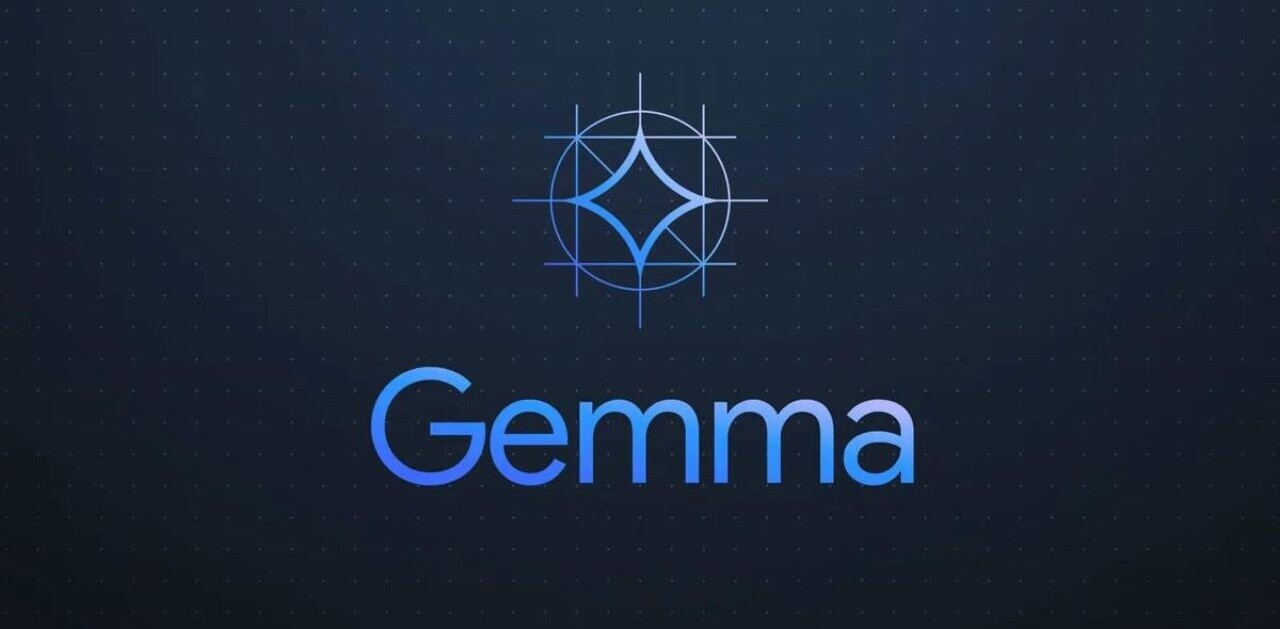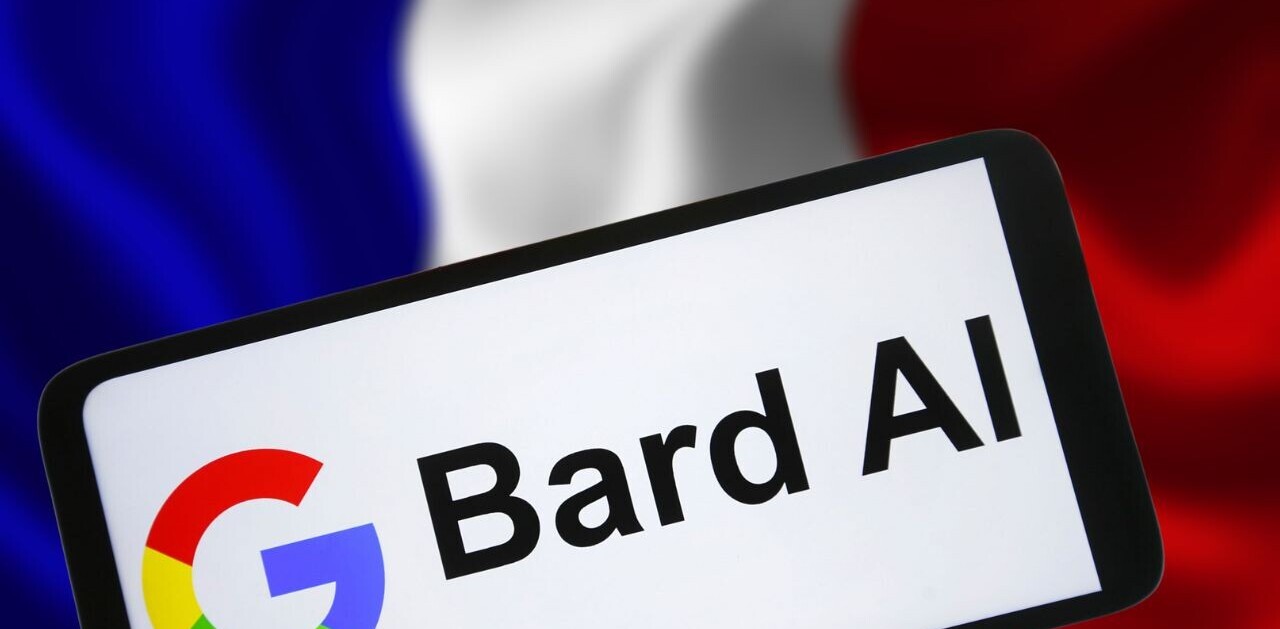
A post from Google+ Games product manager, Satyajeet Salgar, sparked an interesting discussion revolving around the use of hashtags outside of Twitter. Having already compared the dos and don’ts of Twitter hashtags in the past, I found it interesting that some users have taken to using hashtags outside of the platform where, for the most part, they seem to have no use.
Hashtags are a particularly useful tool on Twitter where users can search for the symbol to follow up on conversations or collective ideas on a keyword. Aside from this, hashtags are a rather defunct method — from a technical standpoint, anyway — of communicating ideas. They remain unclickable when used on, say, Google+ or Facebook, for example. The Twitter hashtag is also stripped from general search, again making them useless. I’ve admittedly raised a brow once or twice when spotting hashtag usage outside of Twitter in the past.
Now with Twitter “blowing up” in usage and more folks learning how to better utilize the various tweet hacks on the platform, hashtags have grown into a sort of habit. It’s become so routine for some Twitter users to hashtag ideas and keywords on such a regular basis that it’s now a part of their daily Internet vocabulary. Even Urban Dictionary has 4 different definitions for the word “hashtag”, all revolving around Twitter — though one is about “crack-babies” and is completely irrelevant.
This leads me to the question …
Should Google+ invent its own hashtag?
Here’s the thing. Bradley Horowitz, Google’s VP of Product, has already said that Google+ is Google, and that soon, our conversations on G+ will affect the way we use any of Google’s products as a whole. It’s even been mentioned that Google+ will eventually be smart enough to recognize keywords or conversations we have on the platform, thus being able to bring value to our overall user experience. But how? How will Google+ surf our conversations and discover what we think is most important? Is there some sort of secret algorithm in the mix to bring this concept to life?
Through search-targeting, Google brings us what it knows we want to see versus what it predicts we want a la Facebook. Advertisements on Google already do a good job of targeting us based on keywords we bang into that little search bar. It doesn’t get anymore accurate than us literally telling Google what we want to see.
Predicting what we want based on conversations, however? That sounds a little creepy. Gmail seems to follow the same algorithm, but it’s not always as accurate as we’d like. In fact, sometimes it’s downright weird and has already been written off completely by its more privacy-aware consumers, to the point where video spoofs on the idea have already been in circulation.
Knowing this, it makes sense that Google+ invent its own Twitter-esque hashtag. With a Google+ hashtag, we are voluntarily contributing the information that its search-targeting model needs to bring up content most relevant to us.
Why do Google+ consumers want a G+ hashtag?
 Some Google+ users are already using their own hashtagging system on the platform, using the “+” symbol just before any keyword to signify a hashtagged topic. This, of course, accomplishes absolutely nothing, as marking words or phrases on Google+ with the symbol doesn’t make these keywords anymore searchable than if users has just typed them in normally.
Some Google+ users are already using their own hashtagging system on the platform, using the “+” symbol just before any keyword to signify a hashtagged topic. This, of course, accomplishes absolutely nothing, as marking words or phrases on Google+ with the symbol doesn’t make these keywords anymore searchable than if users has just typed them in normally.
According to a few of the responses in Salgar’s update, G+ users hope that Google+ will use its own plus symbol in a Twitter-esque fashion to point out indexed keywords. In the event that this does happen, users won’t have to go back and re-tag all of the keywords they’ve already marked with the Google+ symbol.
Wishful thinking, guys.
Other G+ consumers are using the actual Twitter hashtag, “#”, on Google+. Whether this is because they are hoping Google+ will adopt the # model or because they are simply trying to better communicate an idea, it is, again, another useless method of marking ideas and keywords. Like the actual plus symbol, the Twitter hashtag doesn’t return any clickable searches, nor does it pop up in Google+ search when using it to find actual conversations revolving around the keyword.
Besides, Google+ is a very separate community from social networks like Facebook or Twitter (for now, anyway). As a part of that community, being able to use conversation hacks like symbol indexing that is more personal to Google+ just “feels good” for the people using it.
What should the Google+ hashtag be?
 The “+” symbol in actual search engines already means something when used in conjunction with keywords. Unless Google engineers want to completely reprogram how its current search model works, it’s doubtful that we’ll be seeing the plus symbol used as a hashtag-like tool on the service.
The “+” symbol in actual search engines already means something when used in conjunction with keywords. Unless Google engineers want to completely reprogram how its current search model works, it’s doubtful that we’ll be seeing the plus symbol used as a hashtag-like tool on the service.
In Salgar’s post, I suggested the use of the “~” symbol. Like the “+” and “#” signs, the “~” is rarely used in conversation or as a symbol for search, so it makes sense for Google+ to use this. Not to mention, it is easily accessible on all keyboards, making it quick and painless for Google+ consumers to hashtag potential keywords and phrases.
One user responded, “If you want something that works right now, it needs to be alphabetic — symbology is discarded by Google’s indexing procedures. xxMaybeLikeThis.” The issue with alphabetic indexing, however, lies in pseudonyms or other titles. For example, say I wanted to direct someone to my AIM screen name, which is “xxUsernamexx”. The alphabetic indexing wouldn’t work in that case. This leads me to believe that symbols are definitely the way to go, provided that Google actually allow symbols into its searches or even bother.
The Google+ hashtag needs to add value to the platform.
While I definitely see the benefit in using the plus symbol as a Google+ hashtag, I certainly don’t agree with it. The plus symbol is already used as a sort of Twitter-esque “@” sign, which denotes particular consumers on the platform and highlights individual people rather than impersonal keywords or ideas/phrases. Some Google+ users might want to see the plus symbol used, of course, but I firmly believe Google+ would benefit from separating people from ideas or phrases.
As for actual Twitter hashtags, the “#” sign doesn’t pop up in Google search when using it to look up conversations. I’d like to assume this is something Google can easily add to its current search capabilities, but I’m no engineer. Besides, who’s to say that Google even wants to allow the Twitter hashtag to appear on its search results? With Google+ on the rise, there is definitely some benefit to be had in monopolizing hashtagged keyword searches in conversations.
The Google+ hashtag, if the platform decides to adopt one, needs to be searchable, clickable and contribute some sort of additional value to the service. It needs to be presented in a way that is easy for consumers to understand as well as non-invasive (much like the rest of Google+’s current features). In the way that Internet consumers associate the “#” with Twitter, the Google+ symbol needs to be representative o the G+ brand. Of course, I’m not the only one with an opinion.
I want to hear from you. If Google+ does use hashtags in the future, what should it be? Do you think the service should use hashtags at all? And aside from what I’ve covered above, how could Google+ benefit from its own hashtag? Weigh in below.
Get the TNW newsletter
Get the most important tech news in your inbox each week.







